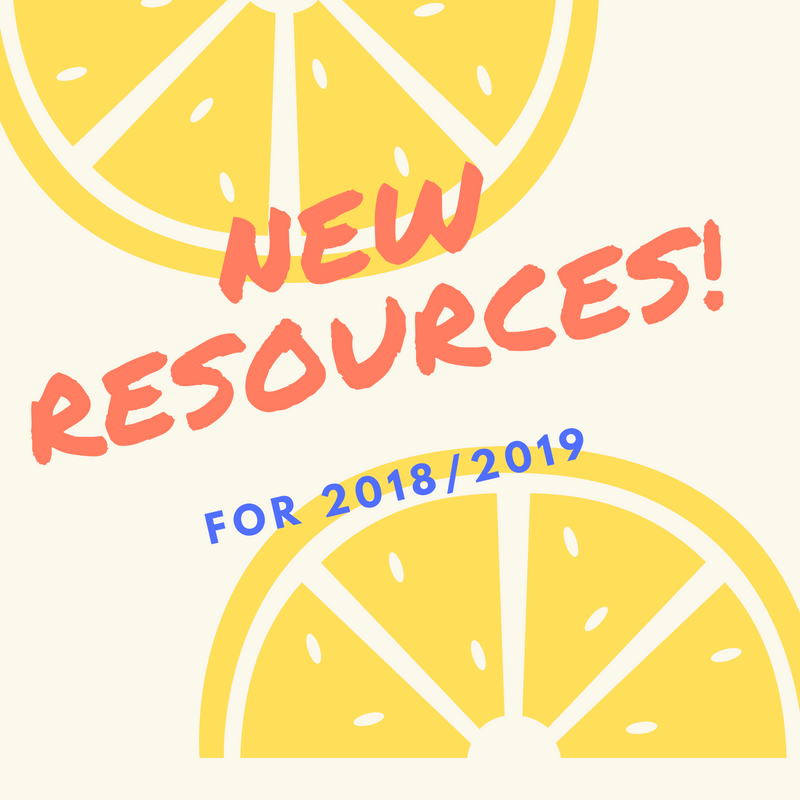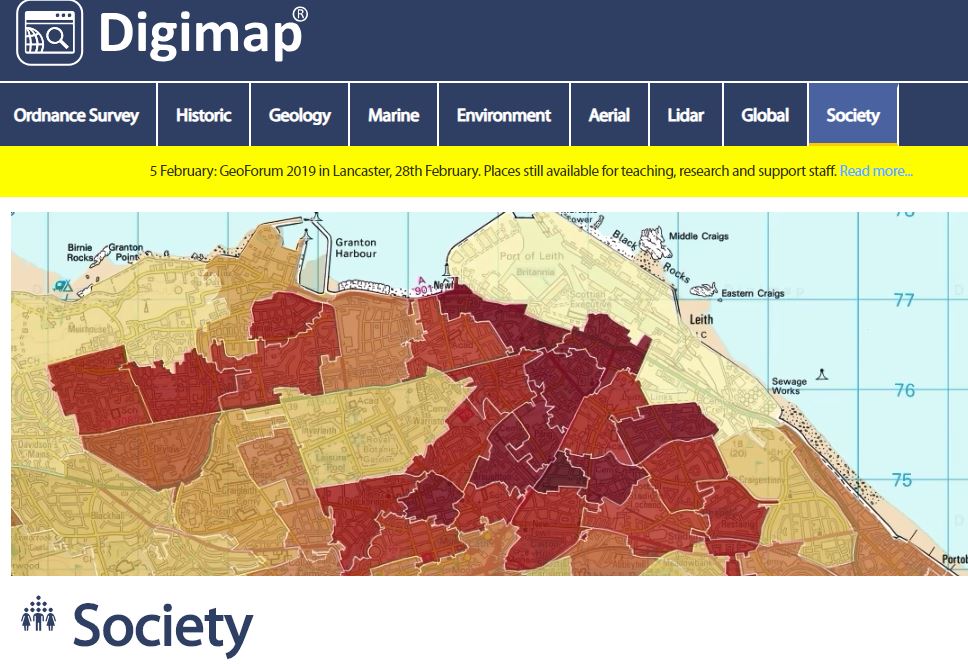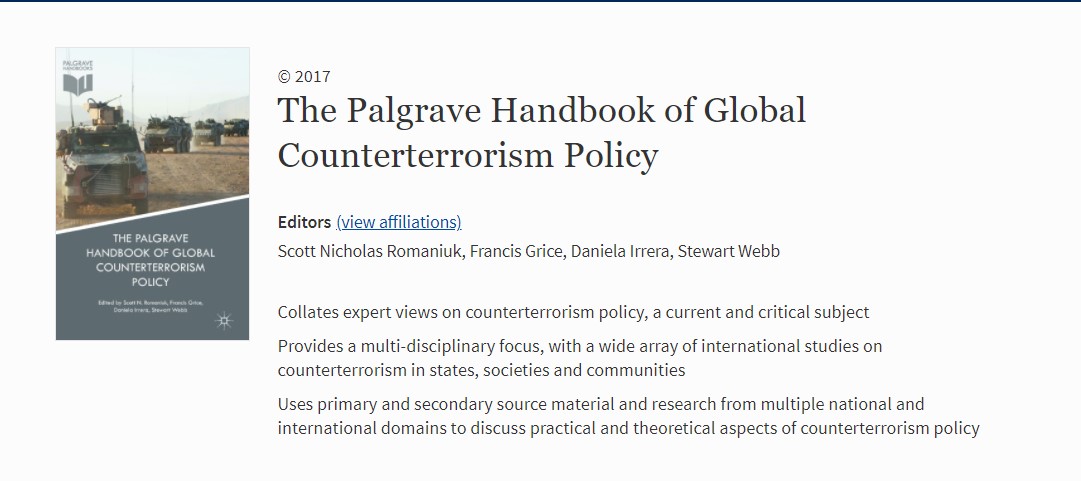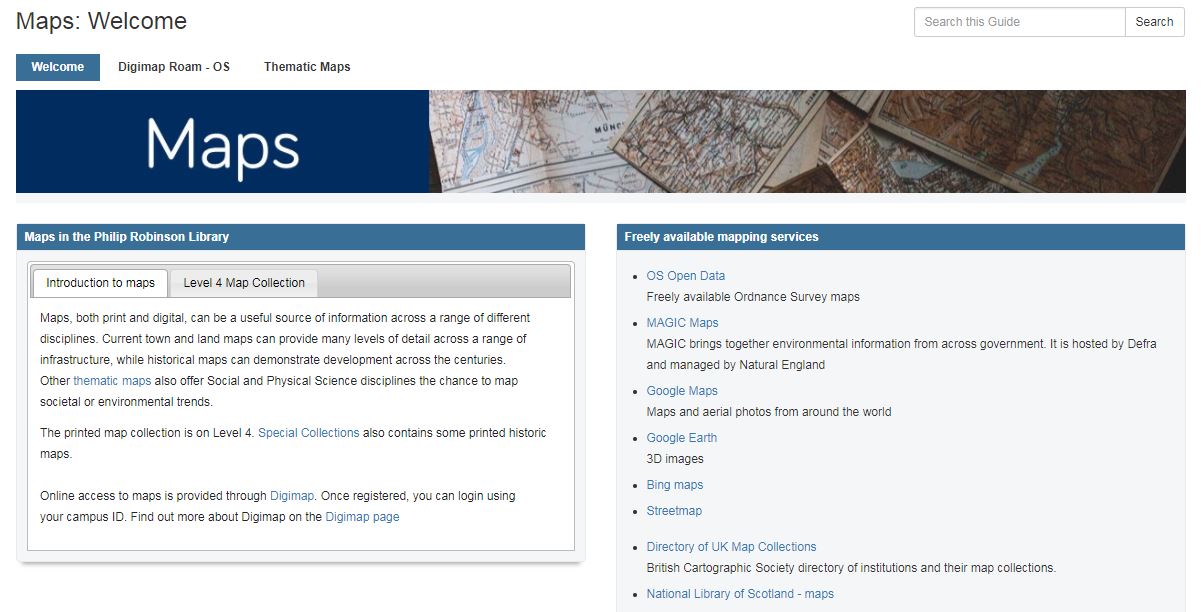
We are delighted to announce some new journal titles and other resources available from the University Library.
Ones useful for GPS staff and students are :
New journals
European Journal of Political Research
A quarterly journal which provides short research notes outlining ongoing research in more specific areas of research. Access is available from volume one onwards.
Journal of Migration History
A multidisciplinary journal features articles on migration, mobility and related themes. Access is available from volume one onwards.
Mobilization
A quarterly journal which provides research and theory specializing in social movements, protests, insurgencies, revolutions, and other forms of contentious politics. Access is available from volume one onwards.
Signs
Published quarterly, this journal examines theories and methodologies from a variety of disciplines and provides important links between feminist theory and the realities of women’s lives. Access is from volume one onwards.
New Resources
African American Communities
This collection presents multiple aspects of the African American community through pamphlets, newspapers, periodicals, photographs, correspondence, official records and in depth oral histories.
Race Relations in America
Collection of primary source material covering Civil Rights in the USA from 1943-1970. Content includes photographs, correspondence, audio recordings, data and case studies, together with contextual features to help with interpreting the material.
Cambridge Histories Online
Search over 360 volumes of this major series, covering worldwide history from British and European History, Middle East and Asian Studies, Political Thought, and more. All volumes are also individually listed on Library Search.
De Gruyter
We have access to De Gruyter’s enire ebook collection until June 2019, after which we will buy access to the most well used titles. This currently covers over 27,000 titles related to numerous subjects including sociology, political sciences and geosciences. All titles are catalogued individually on Library Search.
Aerial Digimap
This additional subscription through Digimap provides access to some of the highest quality aerial photography available for Great Britain. This is created and licensed by Getmapping plc. Use a range of interactive tools, allowing interrogation and analysis of the data online and offline.
You can also:
- add annotations (text, point, lines and areas)
- identify image capture date by clicking on the map
- generate PDF, PNG or JPG files for printing
- save maps to go back to or print later
Aerial Lidar
Lidar Digimap offers detailed Lidar data from the Environment Agency and presents a model of the earth’s surface.
Uses of Lidar data are highly varied, from use in the creation of visual effects for virtual reality and film projects to archaeology, forestry management, flood and pollution modelling.
Emerald eBook collection
We have bought a range of eBooks from Emerald these are all cataloged and available on Library Search.
Titles include:
Divorce, separation and remarriage the transformation of family
Hidden hands in the market
China and Europe’s partnership for a more sustainable world.
Sunday Times Digital Archive
We’ve now added the archive for 2007-2017 to our newspapers collection.






